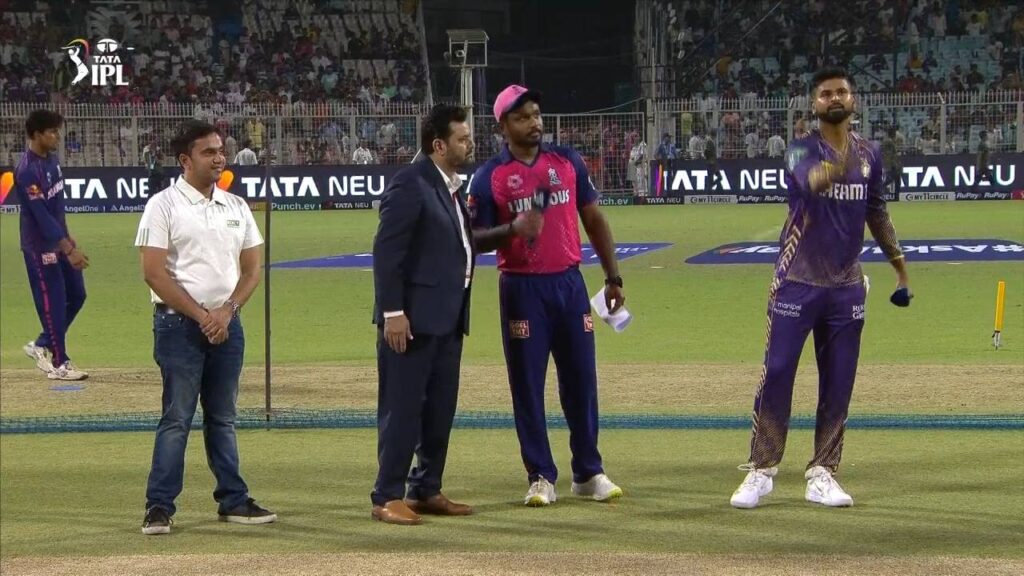With the Indian Premier League, or IPL, being one of the most popular cricketing tournaments globally, its rise to fame is not without controversy. A number of issues come to the fore in the course of years, associated with governance problems, player conduct issues, and lack of credibility associated with the game. These controversies can be grouped into four key issues: corruption and match-fixing, player conduct and behavior, governance issues, and the effect of commercialization.
Probably, the greatest scandal that has marred the history of IPL is that related to match-fixing in 2013. This scandal implicated some players and several officials connected to various teams. It created an outburst for both the fans and organizers of the game. Among the most popular cases is that related to Rajasthan Royals players. Their involvement destroyed the credibility of the IPL tournament very much. The BCCI immediately launched an inquiry, and all the persons concerned faced major penalties. Many were handed life bans; this scandal eroded cricket’s credibility in India and initiated many discussions regarding the need to strengthen the rules and vigilance in the league.
Player conduct once again has been one of the favorite themes of controversy in the IPL. High pressure inside the tournament tends to induce fights on the field and poor behavior off it. More recent examples include the infamous brawl between Kolkata Knight Riders owner Shah Rukh Khan and security staff following a match, which was widespread in the media. Several players have also come under controversy for their behavior on the field, including dissent against umpire decisions and aggression with the opposing team. It not only taints the players involved but also sends out the wrong message regarding the league as a whole, thus the need for a code of conduct that calls out to the professionals to maintain professionalism.
Governing issues have also haunted the IPL, especially on the management of the event by the BCCI. The lack of transparency in the decision-making, the perception of conflicts of interest of which franchise owners are party to, involving some officials from the BCCI, have caused a lot of the criticism. For example, the infusing of cricket teams with influential political figures has raised questions about neutrality in governance. The management or the structure of the organization of IPL is viewed with many glasses and gets many demands for governance reform to prompt fairness and accountability. These governance issues can have more sturdy regulatory frameworks to ensure that there is integrity in the league.
The commercialism of the IPL has raised a controversy over its effects on the spirit of the game. The end product is that the franchises spend millions in the quest to acquire some of the best players and in marketing themselves. The threat is this: in pursuit of profit motive, this essence of cricket fades out into the background. Entertainment and commercial success overshadow the event to such an extent that it is believed that the tournament focuses more on spectacle than sport. Critics feel that this trend may further jeopardize the age-old cricket culture and provide an unhealthy atmosphere where the rationale of minting money overshadows the sportsman spirit of a game. One of the biggest questions that plague the IPL relates to how to balance the financial interests with the real game.
Last but not the least, the COVID-19 pandemic added fuel to the fire of controversies surrounding the IPL. In fact, the entire tournament for the 2020 season was shifted and played in a totally bio-secure bubble. In safety measures, several players tested positive for the virus. It actually leaves questions about the safety of the participants. More importantly, the event presented such ethical dilemmas as whether it was right to hold an enormous event at such a time when the world was in a health crisis. This shone a light on BCCI’s current move of holding an event that actually prioritized the tournament over public health. It goes against the reputation of the league; thus, it complicated the league a bit more.
In conclusion, though the IPL has made cricket a game for the entire world, it also raised numerous controversies, and its integrity and governance are facing challenges. It began with the scandal of match-fixing and then player misbehavior issues; soon, questions regarding governance issues and debates over commercialization were on their way. All these controversies make managing the high stakes of the tournament quite difficult. The future of the league will depend on how it credibly deals with such issues in a transparent and effective manner.

